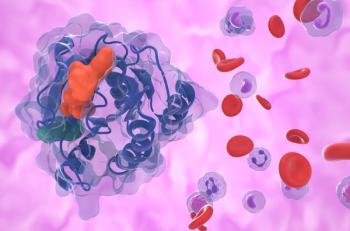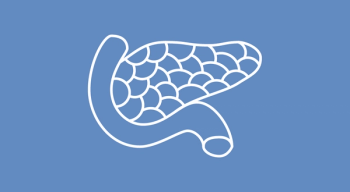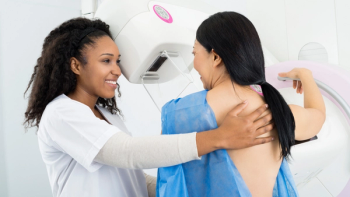
Oncology nurses can discuss dose modifications for common smoking cessation agents with patients and providers to improve smoking cessation rates.

Amanda Brink is a nurse practitioner at the University of Texas MD Anderson Cancer Center. When she is not tending to patients in the hospital or clinic, she finds great satisfaction in crafting content to enlighten the public and her fellow nurses about a range of health topics.

Oncology nurses can discuss dose modifications for common smoking cessation agents with patients and providers to improve smoking cessation rates.

Oncology nurses can educate their patients on the latest developments in CAR T-cell therapy for the treatment of glioblastoma.

Oncology nurses play a vital role in informing patients about the importance of molecular testing and brain imaging in EGFR-mutated lung cancer.

Oncology nurses can assist in educating patients with sarcoma about clinical trial outcomes and the benefits of participating in trials.

Oncology nurses can inform patients about the probability of identifying advanced neoplasia using stool-based screening tools.

Oncology nurses can advocate for patients with cholangiocarcinoma to participate in on-going clinical trials with tinengotinib.

Oncology nurses can assist patients in understanding the significance of KRAS mutation testing and its treatment implications.

Consuming navy beans daily as a dietary intervention may contribute to the health of the body's microbiome.

Oncology nurses play a crucial role in educating patients regarding risks and benefits of circulating-tumor HPV DNA biomarker testing.

Oncology nurses can illuminate the potential of avasopasem to enhance pancreatic cancer outcomes and champion ongoing research.

Oncology nurses should be ready to offer informative guidance to patients and their families concerning the ongoing FDA inquiry and its potential impact.

Nurses can be empowered to advocate for methylene blue therapy as an effective oral mucositis pain relief treatment.

Oncology nurses can help patients understand the potential benefit of ORF1p testing for early cancer detection and its current limitations.

A structured exercise program may aid in preventing colorectal cancer in patients with Lynch syndrome.

Cancer screening tests may not extend life expectancy; however, they still are valuable for public health.

AOH1996, a drug named in honor of Anna Olivia Healy, is being tested in a phase 1 trial. As nurses, we must help our patients understand that phase 1 trials represent very early research.

TTFields therapy, when given in addition to standard systemic therapy, improved overall survival in patients with metastatic non–small cell lung cancer.